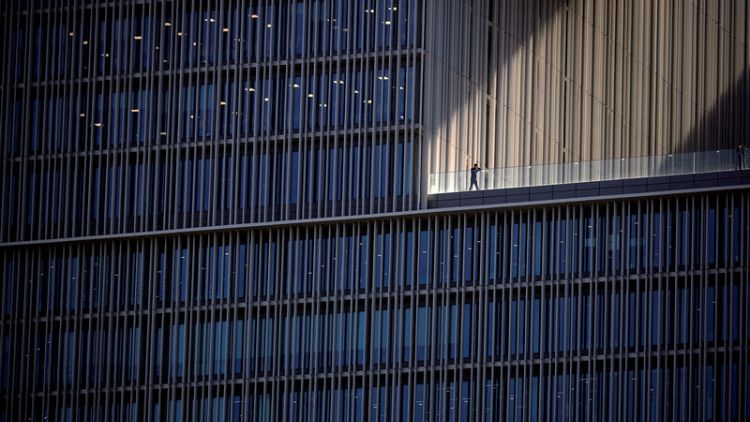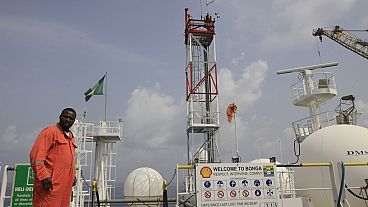By Choonsik Yoo and Joori Roh
SEOUL (Reuters) - South Korea has drafted the most aggressive budget spending plan since the 2008-2009 global financial crisis for next year as its trade-reliant economy is buffeted by growing economic threats both at home and from abroad.
The finance ministry said on Thursday it would propose to parliament a budget bill of 513.5 trillion won (345 billion pounds) for next year, up 8.0% from this year when including the extra budget for 2019, and up 9.3% excluding it.
Next year's fiscal deficit would rise to 3.6% of expected annual gross domestic product from a 2.2% gap projected for this year, marking the biggest shortfall since 2009 when the global economy was fighting the financial crisis.
Asia's fourth-largest economy, heavily dependent on exports for growth, is wrestling with cooling global demand and consumer sentiment as the Sino-U.S. trade war intensifies amid a brewing trade dispute with neighbouring Japan.
"Downside risks have increased over the growth path as investment and exports remain sluggish while the recent economic retaliation measures from Japan elevated uncertainties," Finance Minister Hong Nam-ki said in comments embargoed for Thursday.
In July, the country's central bank slashed this year's economic growth forecast to 2.2% from 2.5% previously, but that is still far above projections by private-sector organisations, which are as low as 1.4%.
Still, the Bank of Korea's latest projection would be the weakest since the global financial crisis and among the worst spells since the end of World War Two. It could still further lower its forecasts at its next review in November.
The ministry said in a statement budget spending would be increased sharply for welfare, job creation, small businesses, environment and research-and-development projects.
It said it would seek parliamentary approval to sell a net 60.2 trillion won worth of treasury bonds for the purpose of funding the fiscal deficit next year, which would be the biggest on record and nearly double this year's 33.8 trillion won.
Despite increased government borrowing, South Korea boasts one of the healthiest fiscal positions among high-income economies. Its government debt ratio will reach only 39.8% of GDP next year.
Details of the budget bill were disclosed just before the central bank's policy meeting on Friday.
The Bank of Korea is widely expected to hold interest rates steady after last month's surprise cut, but looks certain to trim the policy rate again at its next meeting in October, according to a Reuters survey.
The ministry will send the budget bill to parliament on Sept. 3 for approval. The country's single-chamber National Assembly has until early December to finish deliberation and approve the budget bill as the fiscal year starts on Jan. 1.
(Editing by Jacqueline Wong)



